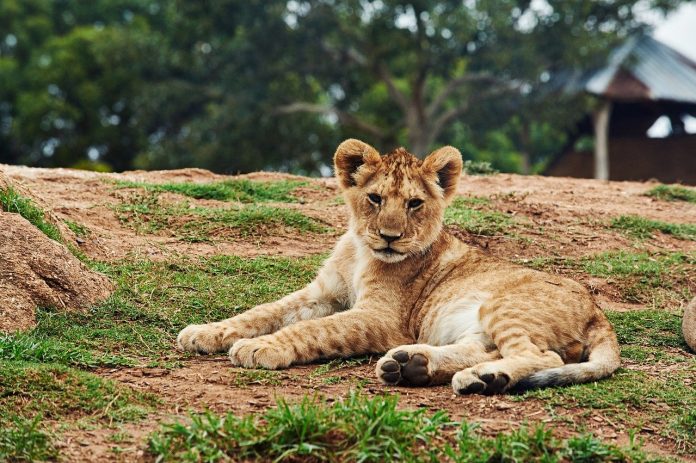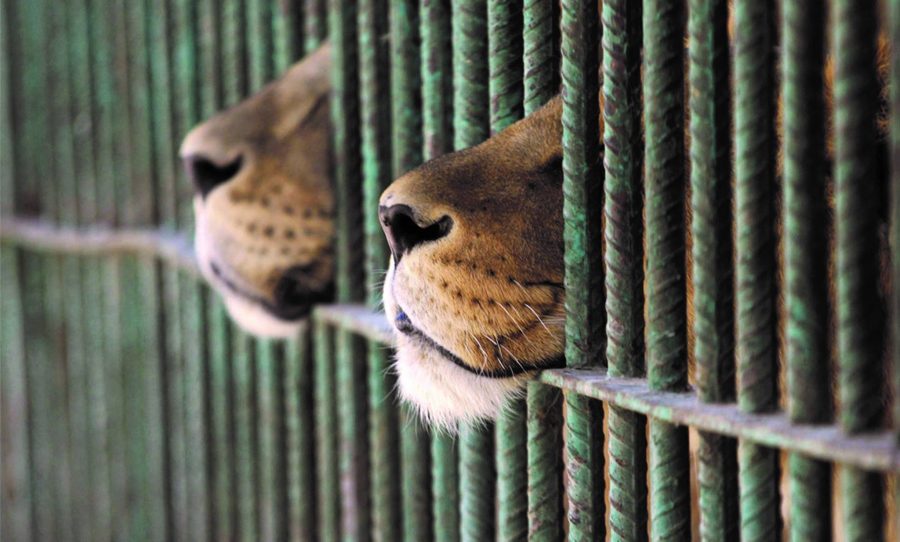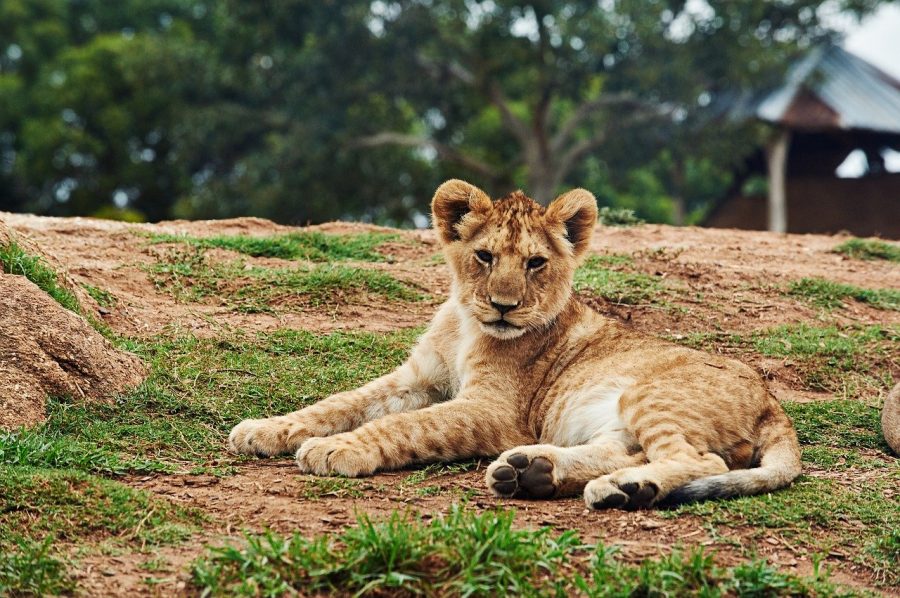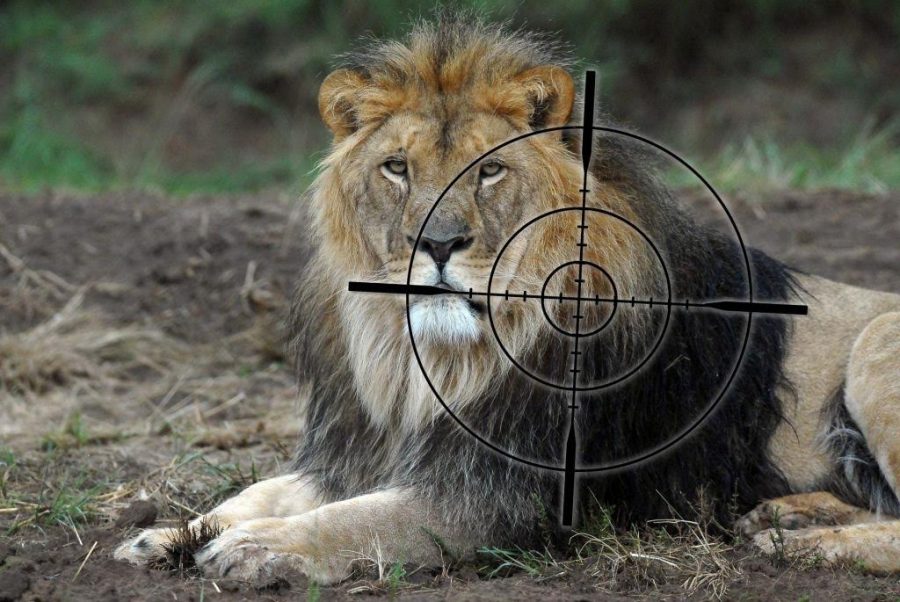
Over 622 youth from around the world have signed a letter calling on the South African Government to phase out captive predator breeding in South Africa.

To commemorate Youth Day in South Africa, leading conservation organisation Blood Lions and Youth For Lions sent a letter on Friday to various Ministers of the South African Government urging them to set a zero CITES lion bone export quota in support for the global call to ban live wildlife markets, as well as the use of wildlife products for Traditional Chinese Medicine (TCM).
The letter, which was sent on Friday 3 July, attracted signatures from 622 people from across the globe, including 317 concerned South African citizens.
“We have been completely blown away by the support for this initiative,” says Cath Jakins, Blood Lions Campaign Coordinator. “It still amazes me that the South African Government can allow the inhumane captive breeding of lions to continue despite so many people, both locally and internationally, opposing the industry.
“The letter outlines several valid reasons for concern and I just hope that, given the current COVID-19 pandemic, the relevant Government Departments can collaborate as one to restore South Africa’s coveted conservation and tourism reputation.”
Some of the specific recommendations made in the letter include:
- An immediate end to commercial activities involving direct interaction between people and lions and their derivatives, including cub petting and other hands-on tourism and volunteer related encounters, captive or “canned” trophy hunting, and the preparation and export of lion bones and skeletons;
- A commitment from DEFF and DALRRD to phase out breeding practices on commercial farms to ensure that the current lions are the last generation bred in captivity;
- The implementation of a zero CITES annual export quota for lion skeletons, parts and derivatives in conjunction with the destruction of pre-existing stockpiles of lion bones, to reduce the demand for commercial captive predator breeding operations.
South Africa is one of the few countries in Africa that allows the intensive captive breeding and keeping of lions and other big cats for commercial purposes. In more than 350 facilities big cats, including lions, cheetahs, leopards, caracals, servals, and many exotic species, such as tigers, jaguars, pumas, and even ligers (a crossbreed between lions and tigers), are bred and kept in mostly substandard conditions.

Decisions related to the breeding and keeping of big cats in captivity in South Africa not only fall under the auspices of the Departments of Environment, Forestry and Fisheries (DEFF) and Agriculture, Land Reform and Rural Development (DALRRD), but also impact on the Departments of Tourism and Health.
Exploitation of the majority of big cats bred in captivity starts in the tourism industry, where local and international visitors and young volunteers pay to cuddle, bottle-feed and walk with big cats, such as lions, tigers and cheetahs, which are later killed for their trophies in captive hunts.

Studies have shown that the risk of disease transmission is prevalent across all aspects of the wildlife trade, in particular when wildlife and people are in close proximity. Given the potential consequences for human and animal health, it is critical to closely examine the potential role of the captive breeding industry in zoonotic disease transmission and outbreak, Blood Lions said in a statement.
The intensive breeding of predators in captivity inevitably results in large numbers of animals, sometimes even different species, held in overcrowded conditions in close proximity, causing immense stress and weakened immune systems. These stressful conditions under which animals are typically farmed, transported and even slaughtered exacerbate the risk of zoonotic disease transmission.
Given the compromised welfare conditions of captive lions and other big cats, the scale of trade in lions and their body parts, and their susceptibility to carrying a wide range of pathogens, as well as the close proximity between animals/farm workers and animals/paying tourist, it is likely that carnivores could play a central role in the emergence and transmission of disease to people, Blood Lions says.
Blood Lions and its supporters are calling on the Departments addressed in the letter to collaborate on an interdepartmental level to work towards phasing out the captive breeding of lions and other big cats.
"captivity" - Google News
July 07, 2020 at 08:48PM
https://ift.tt/2BMfpAZ
Youth Worldwide Pressurise South Africa to End Captive Predator Breeding - SAPeople News
"captivity" - Google News
https://ift.tt/3b01anN
https://ift.tt/3dbExxU
Bagikan Berita Ini
















0 Response to "Youth Worldwide Pressurise South Africa to End Captive Predator Breeding - SAPeople News"
Post a Comment